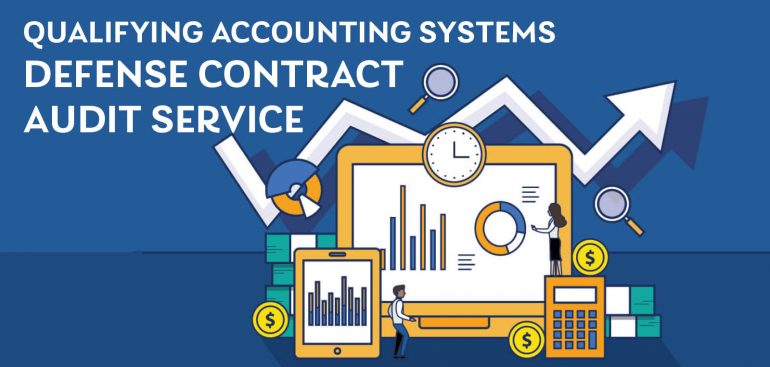2020 has been a tough year and COVID-19 has affected all individuals. Earlier this year the US government stepped in with the passing of the Coronavirus Aid, Relief & Economic Security (CARES) Act. The aim of the Act was to stabilize the US economy and offer relief to businesses and individuals adversely affected by the Coronavirus. The Act includes a provision that encourages taxpayers to increase their charitable giving during the pandemic. How does the CARES Act affect charitable donations and tax implications for you? We have all the info you need!
Charitable Donations and Tax
Standard deductions
If you take the standard deduction in 2020, you can deduct up to $300 of charitable contributions to an eligible organization of your choice. Below are the standard deductions for 2020:
- Single: $12,400
- Head of household: $18,650
- Married jointly filing: $24,800
- Married filing separately: $12,400
For those who are over 65 and/or blind, this amount can increase by $1,300 per taxpayer.
Itemized deductions
For itemized deductions, the adjusted gross income (AGI) for cash contributions was increased with the CARES act and affects individual donors. The limit has been increased from 60% to 100% for 2020 only. This means that any cash contributions you make can be deducted up to 100% of your AGI.
Corporate giving
The AGI limit for corporate donors was increased from 10%, meaning that corporations can now deduct up to 25% of taxable income for 2020 only.
Conditions to qualify for tax benefits
To qualify as a tax deduction, corporate taxpayers and individuals need to follow the guidelines below:
- Public charities
- Cash or non-cash contributions
- Allowable under IRC §170
- Made to an organization described in IRC §170(b)(1)(A) (i.e. 501(c)(3) and certain other charitable organizations)
- Not a supporting organization described in IRC §509(a)(3)
Conditions that do not qualify include:
- Property contributions
- Marketable securities
- Real assets
- Corporate foundations
- Private non-operating foundations
- Family foundations
- Charitable contributions made into a donor-advised fund
Do not forget, to qualify for the latest deduction limits of 100% for itemizing individual taxpayers and 25% for corporations, all charitable contributions must be made during 2020. Our team of expert accountants at Georgen Scarborough serves individuals, corporate businesses, and families with charitable donations and their tax implications.
If you are focused on your charitable goals, we hope our guide helps you understand how the CARES Act affects charitable donation.
Reasons to Choose Georgen Scarborough
Georgen Scarborough Associates takes the time to help you achieve your personalized financial goals. Some of the services we offer include:
- Electronic filing (e-filing) for all tax returns
- Income tax planning
- Estimated tax preparation
- Equipment depreciation, pension, 401K, and other tax services
For more information on government and tax implications, contact us today!











